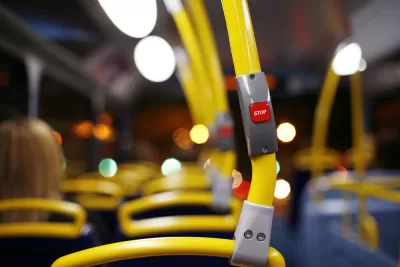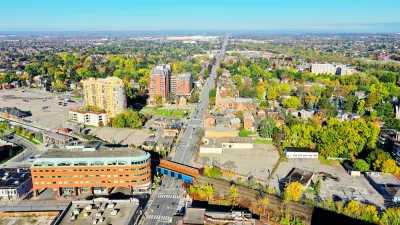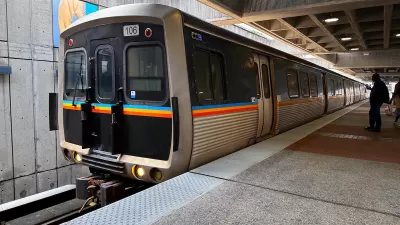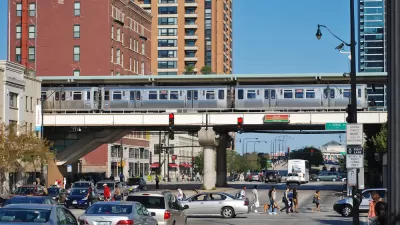Alex Baca argues that the dichotomy of "captive" versus "choice," while somewhat distasteful, is also incorrect. Transit can always stand to lose existing ridership through poor service.

We often hear about "captive" transit riders forced into the bus or train by the lack of a car. According to Alex Baca, "captive" versus "choice" can lull transit agencies into the complacent belief that improving service isn't necessary.
In reality, Baca argues, "There are very few circumstances under which individuals truly have one choice, and one choice only. More likely, people—even the most destitute, and even the most disadvantaged—are choosing between a bad option and a worse option."
"Someone whose bus is consistently late might save up or take out payday loans to finance a car. They might bike or walk to work. They might spend more money on a cab or rideshare. Moving or quitting their job, while seemingly drastic, may become preferable. They may depend on familial and social networks for rides or access to cars."
There's also a class element. "'Captive' riders are disadvantaged. 'Choice' riders are privileged, and privileged by transit agencies, whose officials often talk in terms of attracting them away from their cars to ride transit." Meanwhile, the so-called "captives" get no such consideration.
FULL STORY: All transit riders have a choice

Maui's Vacation Rental Debate Turns Ugly
Verbal attacks, misinformation campaigns and fistfights plague a high-stakes debate to convert thousands of vacation rentals into long-term housing.

Planetizen Federal Action Tracker
A weekly monitor of how Trump’s orders and actions are impacting planners and planning in America.

In Urban Planning, AI Prompting Could be the New Design Thinking
Creativity has long been key to great urban design. What if we see AI as our new creative partner?

King County Supportive Housing Program Offers Hope for Unhoused Residents
The county is taking a ‘Housing First’ approach that prioritizes getting people into housing, then offering wraparound supportive services.

Researchers Use AI to Get Clearer Picture of US Housing
Analysts are using artificial intelligence to supercharge their research by allowing them to comb through data faster. Though these AI tools can be error prone, they save time and housing researchers are optimistic about the future.

Making Shared Micromobility More Inclusive
Cities and shared mobility system operators can do more to include people with disabilities in planning and operations, per a new report.
Urban Design for Planners 1: Software Tools
This six-course series explores essential urban design concepts using open source software and equips planners with the tools they need to participate fully in the urban design process.
Planning for Universal Design
Learn the tools for implementing Universal Design in planning regulations.
planning NEXT
Appalachian Highlands Housing Partners
Mpact (founded as Rail~Volution)
City of Camden Redevelopment Agency
City of Astoria
City of Portland
City of Laramie





























